About 73% of active Colorado attorneys are members of the Colorado Bar Association. A voluntary membership organization, the Colorado Bar Association was founded in 1897 and strives to improve the quality of members' legal practice, to support and improve the justice system, and to support the community through pro bono, voluntary, and education endeavors. The association is governed by a 21-member Board of Governors that is elected on an annual basis and an Executive Director who is hired by the Board outright.
Colorado Bar Association
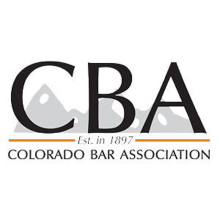
1900 Grant Street, 9th Floor
Denver, Colorado 80203
|
February 7, 2023
Employer: Colorado Attorney General
Authority: Colorado Bar Association |
|
|
November 30, 2023
Employer: Arapahoe County District Attorney
Authority: Colorado Bar Association |
|
|
November 30, 2023
Employer: Arapahoe County District Attorney
Authority: Colorado Bar Association |
|
|
May 15, 2021
Attorney Misconduct, Cooperative Misconduct, Extra Judicial 'Administrative' Sanctions, Failure to Disclose Brady/Giglio Material, Judicial Proceedings, Obstruction of Justice, Overcharging
Employer: Fremont County District Attorney
Authority: Colorado Bar Association |
Colorado Bar Association is not in compliance with the nationwide, public-facing, platform of record: The Brady List; or:
- Supreme Court of the United States [SCOTUS] Brady doctrine (1963);
- US Freedom of Information Act (1967);
- State Sunshine Law (see, below);
- Open Government Act (2007);
- Open Government Initiative (2009); and,
- Open Government Directives (2009) issued by the United States Department of Justice.
Prosecutors have ethical obligations and may be held individually accountable for their conduct within the legal system. Prosecutors contribute to just and honorable legal profession and a legal system that promotes fairness and accountability.
- R.P.C. 3.4: Fairness to Opposing Party & Counsel
- R.P.C. 3.8: Special Responsibilities of the Prosecutor
- R.P.C. 8.3: Reporting Professional Misconduct
Violations of these rules can result in disciplinary actions which may include sanctions, suspension, or disbarment.
This information has been curated by journalists and private citizens; and, this platform is available as-a-service to all Peace Officer Standards & Training [POST] Departments, Prosecutors, and Law Enforcement Organizations [LEOrgs].



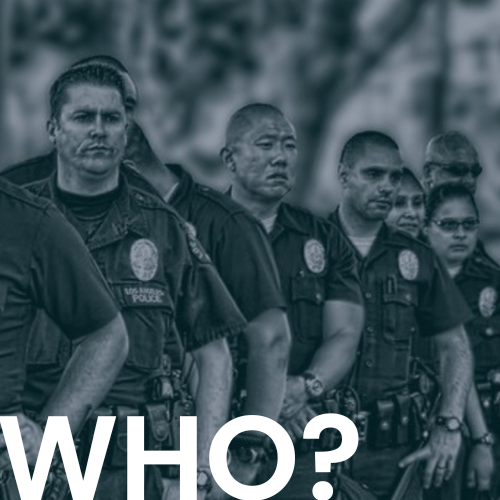
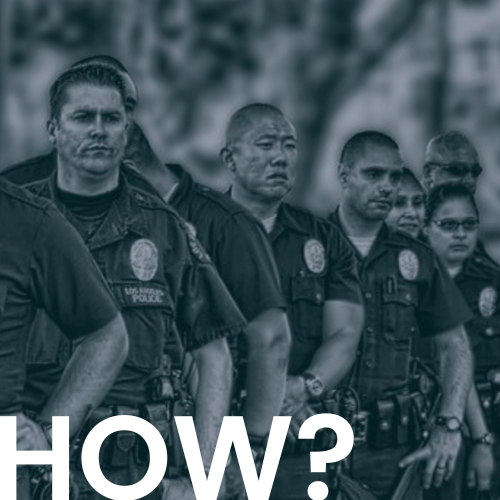
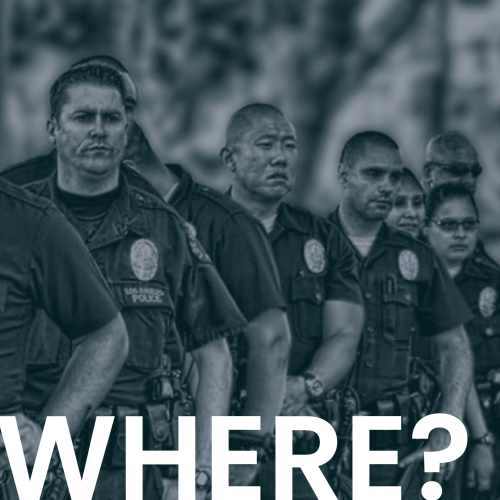
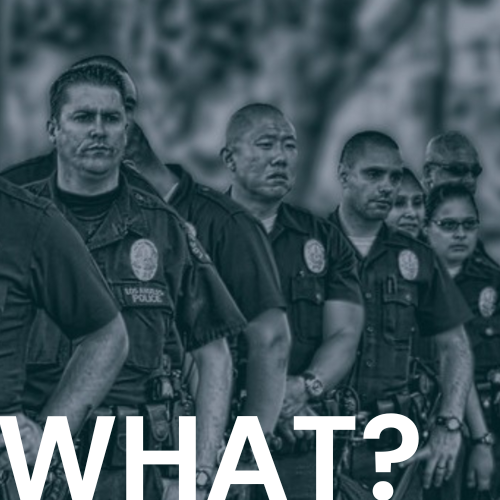
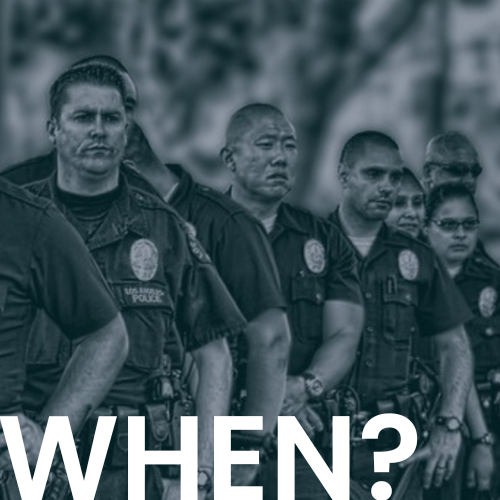
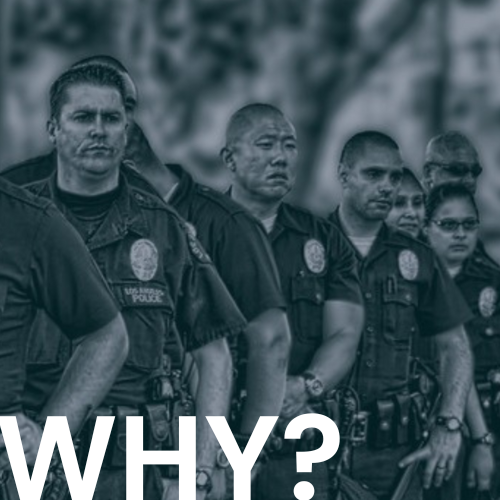
![Peace Officer Standards & Training [POST] Departments Peace Officer Standards & Training [POST] Departments](/sites/default/files/styles/large/public/2023-07/Brady.png?itok=xsIFvU8R)
![Organizations [Law Enforcement et al.] Organizations [Law Enforcement et al.]](/sites/default/files/styles/large/public/2023-07/Brady%20%282%29.png?itok=H7Pj15F8)

